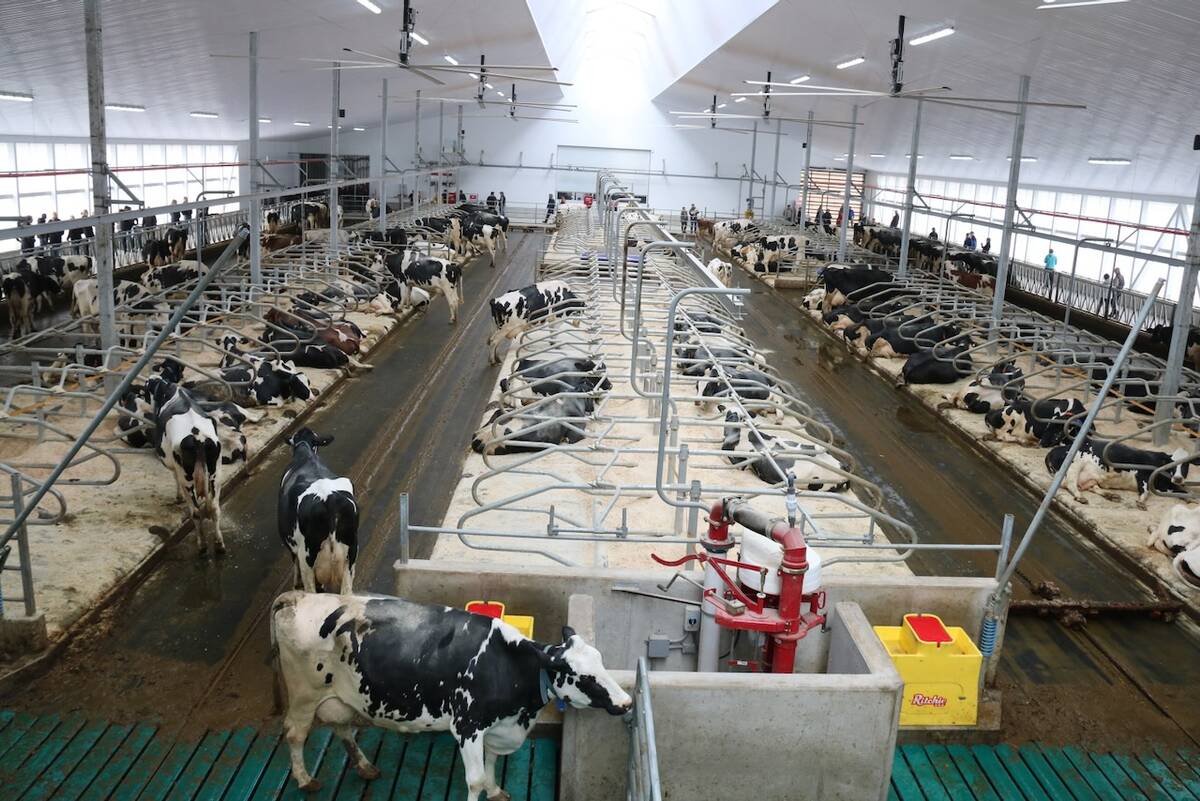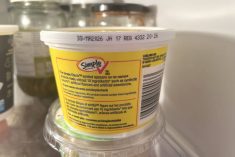A planned free trade agreement between the European Union and United States should not completely liberalize agricultural trade, the president of the association of German farmers’ association DBV said March 26.
Trade talks must involve upper limits to exports to prevent market disruption, Joachim Rukwied told Reuters.
Brussels and Washington hope to start negotiations in June on a transatlantic free trade agreement which would encompass almost half the world’s economy, and are seeking as broad a deal as possible to deliver strong economic growth.
The negotiating mandate proposed by the European Commission, which has kept its contents secret, must be approved by EU governments before the talks can start and agricultural trade is seen as a contentious issue.
Read Also

Canadian farm milk price changes to reflect growing protein demand
Protein demand is growing, so the provincial boards that set how Canadian dairy farmers are paid are changing how much protein is emphasized in milk pricing.
Rukwied said he did not expect free trade to open the way for hormone-treated U.S. meat or genetically modified (GM) foods into Europe.
Germany has an agricultural trade deficit with the United States, the association calculates. Germany exported 1.5 billion euros ($1.93 billion) of agricultural products to the U.S. in 2011 but in the same year imported 1.7 billion worth from the United States, the association said.
Rukwied said he sees export opportunities for German food such as dairy products and sausages to the United States.
The EU currently imports large volumes of feed grains from South America; whether these could be replaced by U.S.-origin cereals after the free trade agreement would depend on market price, he said.














